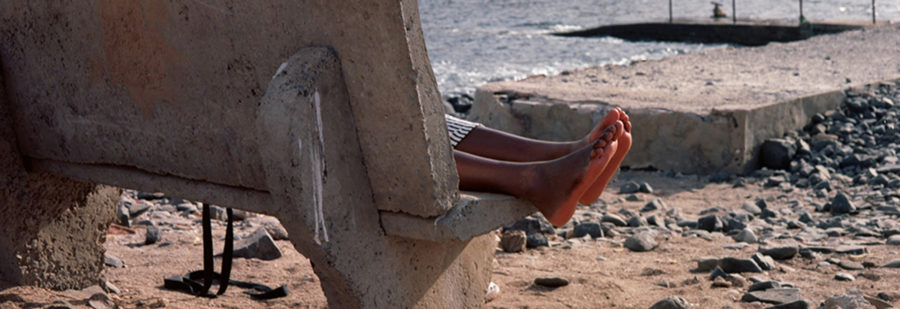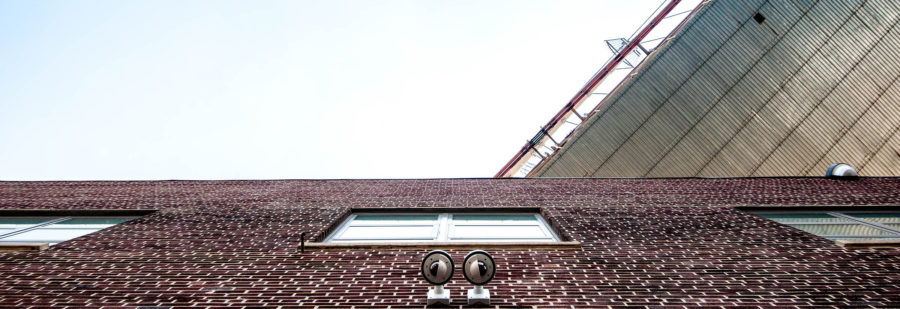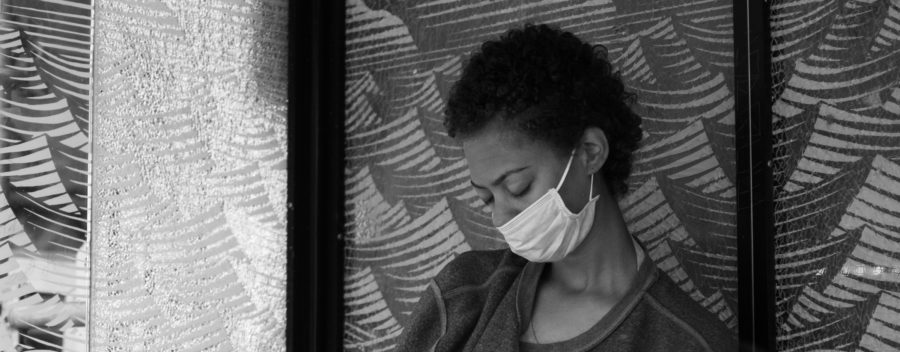We welcome Sandy Cioffi as a guest blogger today, who is sharing her thoughts on Hacking Love. Sandy Cioffi and Gretchen Burger will be facilitating Hacking Love, a weekend workshop in which participants will be guided in visual and formal inquiry, encouraged to experiment in the tradition of the high-tech “hackathon,” then work in small groups to develop approaches and shoot at predetermined locations. The weekend will culminate Sunday evening in public viewing of the final projects at PCNW. Click here to register and learn more, all you need is an iPhone, iPad, or DSLR. Take it away, Sandy!
—
Hacking Love is about working outside of your comfort zone in order to generate new ways to approach your art. It’s about learning skills to expand and deepen your creative ideas, while working collaboratively and having a whole lot of fun! We plan to accomplish this by shifting the focus away from tools and craft, to identifying a path for how to translate abstract concepts, like love, into an image, a two second gif, a one- minute video. We will replace high-end tools with lo-fi equipment (iphones, Go-pros, FuJi Instax), organize exercises around very specific rule sets and time limits, and shoot in unexpected environments—a cupcake bakery, a storefront window, a storage unit, an athletic gym.
Why hacking? Borrowed from the tech industry, we see the hacking model as potent process to intensively work through ideas in order to quickly arrive at new solutions and insights. At the center of our inquiry for the workshop are the following questions:
First, in modern English, we have one word for love. In ancient Greek, there were four types of love: eros, agape, philia and storge. How might we expand our own visual language of love when it is informed by the Greek Loves and low fi equipment?
And second, now that anyone can generate a selfie in still, giff and moving images, what is the role of photography today? In the late 19th and early 20th century, photography freed painting from representation and the role of preserving visual history, giving rise to cubist, surrealist and abstract painting.Have we arrived at a similar juncture for photography? How might the ubiquity of still and moving images liberate photography from portraiture, documentation, etc., and transform the medium?
We will spend Friday evening setting the context for our investigations and then jump right into making images on Saturday. The course will culminate in a public exhibition of our findings at PCNW on Sunday night.




